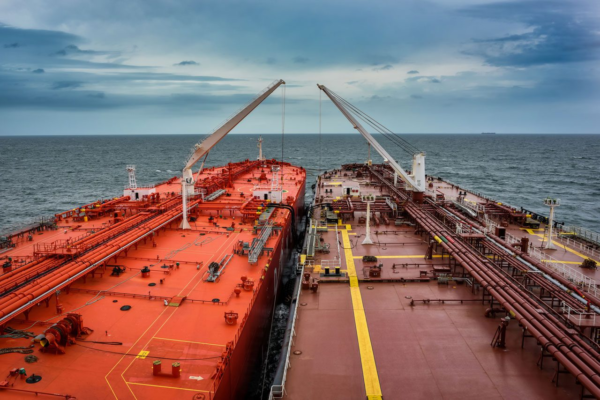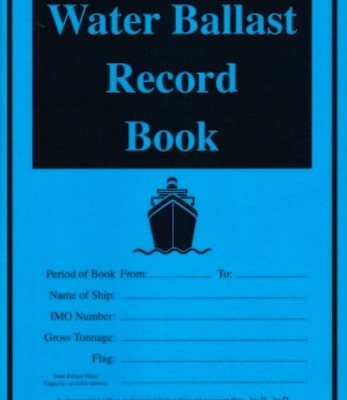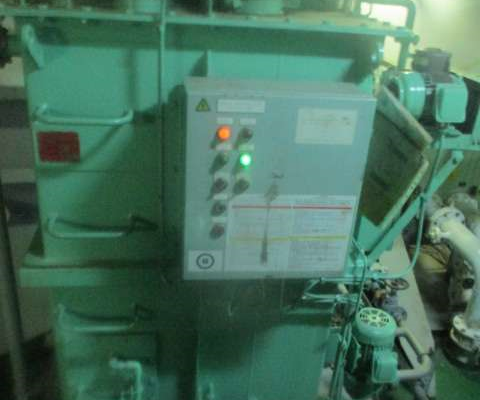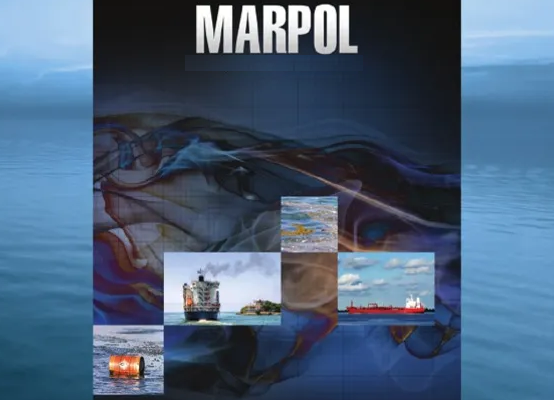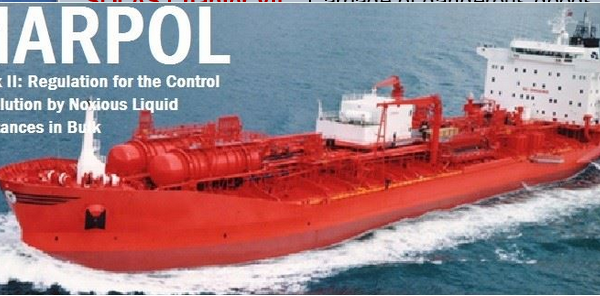Comparision of Hague Visby – Hamburg and Rotterdam Rules.
Hague Rules 1924 Hague-Visby Rules 1968 US COGSA 1936 Hamburg Rules 1978 Rotterdam Rules 2009 Scope of application Bills of Lading issued in a contracting state. a) B/L issued in a contracting stateb) Carriage is from a Port in a contracting statec) Contracts of carriage
